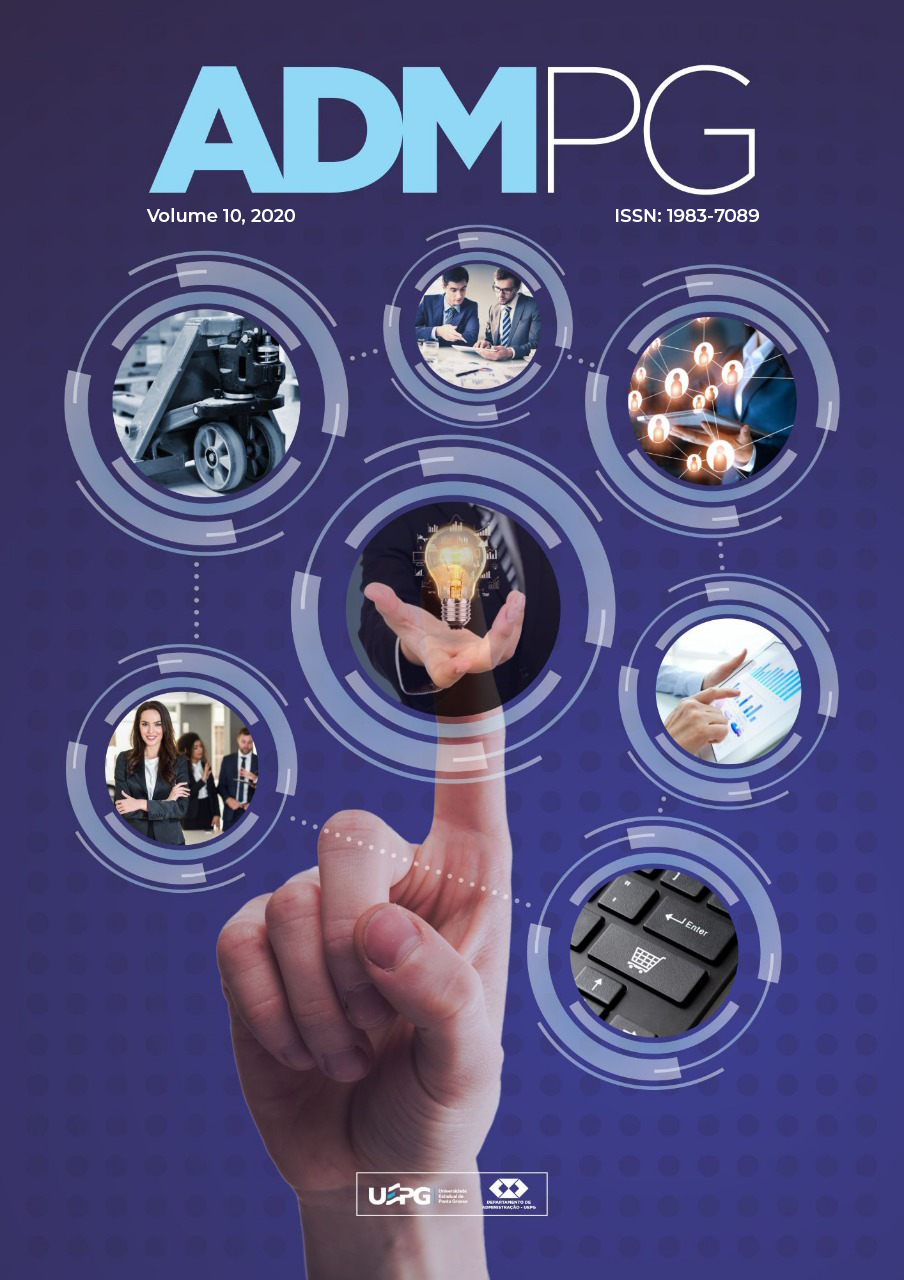Level Of Budget Evidentiation And Accounting In Transparency Portains Of Brazilian Federative Units
Abstract
The objective of this study is to describe, in a comparative way, the level of budgetary and accounting disclosure of the transparency portals of the federation units by region - north, northeast, center-west, southeast and south - in light of the provisions of the Law of Responsibility Fiscal, Complementary Law no 131/2009 and Access to Information Law. As for the methodology, it is characterized as a qualitative and documentary study in which an own research model was constructed, based on preview models. Data collection was performed in two moments, 2014 and 2018, giving the possibility of comparative analysis. However, only 25 entities were analyzed due to the impossibility of locating the transparency portals of the states of Mato Grosso, 2014, and Tocantins, 2018. The results obtained indicate that the state of Rio Grande do Norte, in the northeast region, achieved the best level of progress; followed by Roraima from the north; Mato Grosso do Sul in the center-west; São Paulo to the southeast region; and Paraná in the south. It was also observed that the progress is different when the analysis is carried out considering each of the three laws mentioned above, and the Law on Access to Information has made more significant advances, and Complementary Law n. 131/2009 has shown greater setbacks.
Downloads
Downloads
Published
How to Cite
Issue
Section
License
Autores que publicam nesta revista concordam com os seguintes termos:
a) Os autores mantêm os direitos autorais e concedem à revista o direito de primeira publicação, com o trabalho simultaneamente licenciado sob a Creative Commons Attribution License que permite o compartilhamento do trabalho com reconhecimento da sua autoria e publicação inicial nesta revista.
b) Os autores são autorizados a assinarem contratos adicionais, separadamente, para distribuição não exclusiva da versão publicada nesta revista (por exemplo, em repositórios institucionais ou capítulos de livros), com reconhecimento da sua autoria e publicação inicial nesta revista).
c) Os autores são estimulados a publicar e distribuir a versão online do artigo (por exemplo, em repositórios institucionais ou em sua página pessoal), considerando que isso pode gerar alterações produtivas, bem como aumentar o impacto e as citações do artigo publicado.
d) Esta revista proporciona acesso público a todo o seu conteúdo, uma vez que isso permite uma maior visibilidade e alcance dos artigos publicados. Para maiores informações sobre esta abordagem, visite Public Knowledge Project, projeto que desenvolveu este sistema para melhorar a qualidade acadêmica e pública da pesquisa, distribuindo o OJS assim como outros softwares de apoio ao sistema de publicação de acesso público a fontes acadêmicas.
Este obra está licenciado com uma Licença Creative Commons Atribuição 4.0 Internacional.






